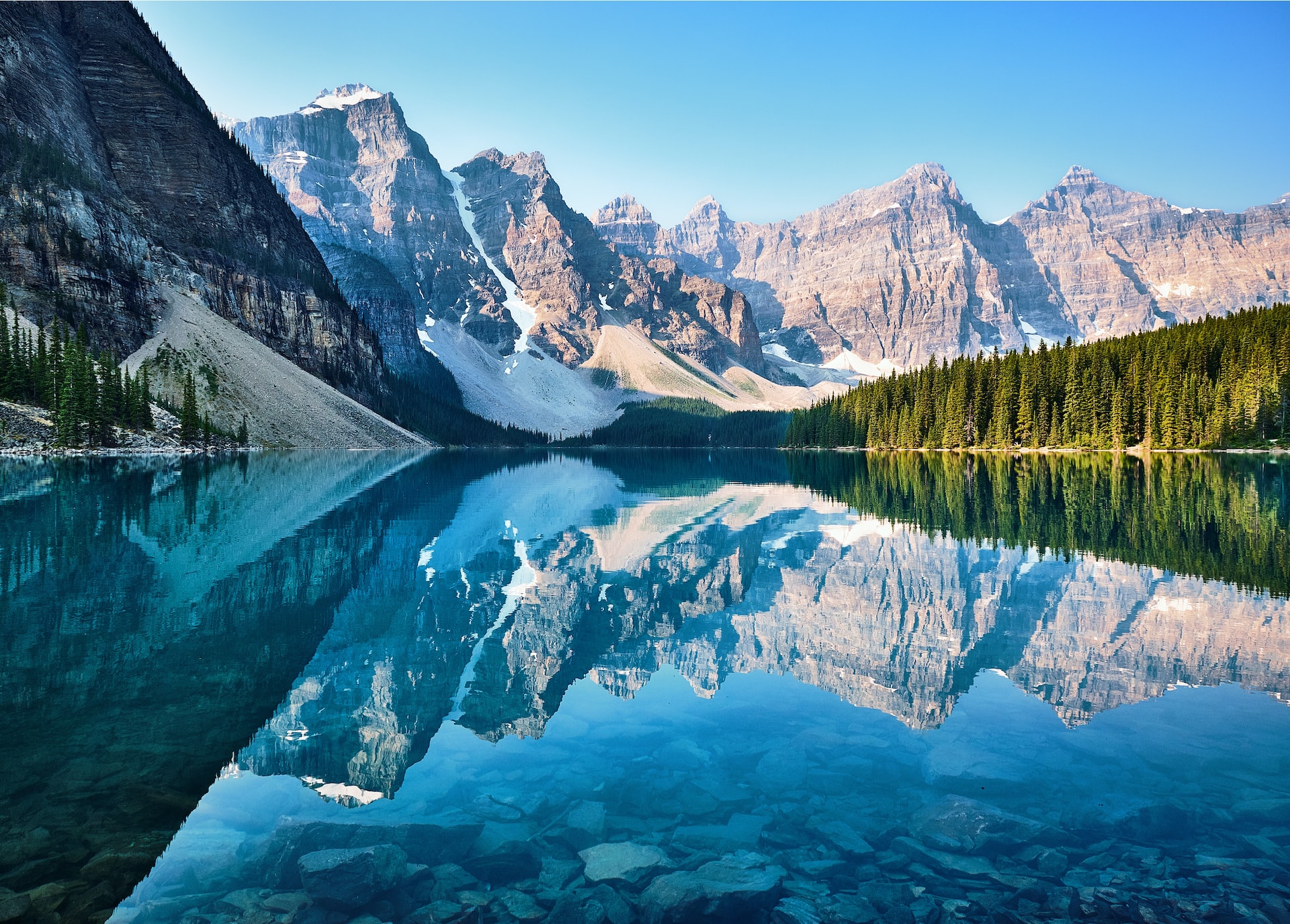6 Tips for Relocating to Northern Canada
Canada has plenty to offer for people looking to move here, and that is why it is one of the most popular choices for people looking to pack up and start a life in a different country. From the breathtaking vistas to the amazing culture and attractive lifestyle, Canada ticks a lot of boxes. Famed for kindness, cold weather, and maple syrup, if you are planning on relocating here you will have to read up on advice for preparing for life at the other end. Keep reading for six helpful tips in this area.
Contents
Get to Know the Visa Requirements
There are lots of practicalities and administration bits around a relocation to Canada. Get to know what is required of you before you go so you can start the process in good time and not miss any vital steps. There are different types of sponsorship and visa like skilled worker entry route and family or friend sponsorship, so what is available to you might be different for the next person.
Find the Best Area to Live and Commute
Northern Canada has some great cities and more rural places to live, but it still demands some research. If you are moving for work purposes, you probably want to live near your new place of employment, for instance. If it is a retirement journey or something more recreational, your options are a bit less limited.
Make a Bucket List of Places to See
Canada is famous for its beauty spots. The country is filled with amazing places to see, explore, and experience. Be careful of the main predators in the more rural parts, but don’t let that put you off seeing everything there is to see. There are always tips and tricks for dealing with lurking bears, for example.
Fully Prepare for the Cold Weather
While Northern Canada definitely sees some sunshine for parts of the year, it is quite seasonal too. The winters are harsh. The snow can be thick and fast, and there are often big storms and freezing temperatures (anything down to -60F). So, for anyone moving here who may not be used to this particular type of extreme weather, get to know the essentials before you go so you are not putting yourself (or your family) in any unnecessary danger.
Weather Warnings You Need to Know
There are four tiers of weather warnings for Canadian citizens ranging from least severe to most dangerous.
- Special Weather Statements are put out to alert people that something might be brewing weather wise and you should keep alert just in case.
- Advisory concerns specific events like a frost patch incoming.
- Canadians will be asked to Watch if there is a chance a storm or something bigger is on the way.
- Warning is the final tier and the one that demands the most attention. Warnings are only put out when there is a risk to life and people need to think about their movements.
Getting the Right Clothes
Of course, you will also need the right clothes in your wardrobe. Staying warm is essential, especially when there could be power outages in the most extreme circumstances. You will need warm jackets, layers, and thermal focused clothing alongside a strong pair (or two) of winter boots. Finding seasonal boots is thankfully a fun task, and there is such a versatile range of designers, styles, and functionality in the fashion world that you don’t have to compromise at all on taste or preference in favor of practicality.
Being Prepared with Supplies
Aside from making sure your wardrobe is up to scratch, it will be useful to have an emergency box in both your vehicle and your house. This should include all of the following essential items.
- Thermal blankets
- Generator
- Torches and batteries
- Candles and matches
- First aid
- Non-perishable food and drink items
- Spare clothes for layers just in case.
Remember: There Are Two Dominant Languages
French and English are commonplace in all parts of Canada, so don’t be taken by surprise if someone speaks to you confidently in fluent French. It is normal, and it might be a good idea to take some language lessons before you go so you can keep up with the locals. There’s a good chance you will pick some up naturally as you spend more time there, but it’s always beneficial to get a headstart.
Research the Healthcare Options
It is possible, once residency has been secured, to apply for public healthcare insurance from your local governing body. It is definitely worth looking into because you will need it in order to access basic health appointments and so on. It might look a bit different from what you’re used to, but it’s easy enough once you get to grips with the basic format.
Relocating to Northern Canada is an exciting adventure, to say the least. As long as you are fully prepared for the cold weather and have the right entry admin, your relocation journey should be smooth sailing!

